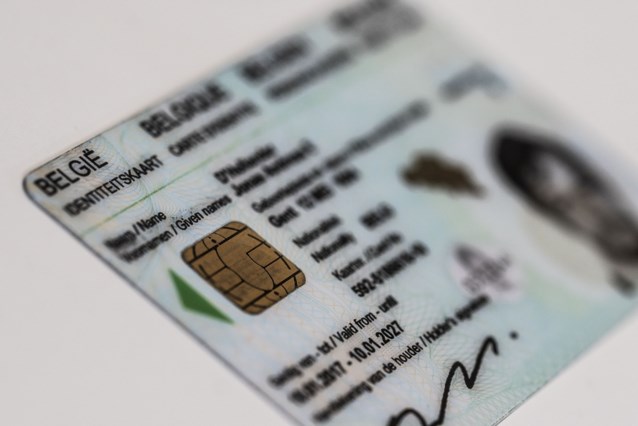Starting from Tuesday, the Belgian identity cards will change, first in a few pilot municipalities, then throughout the country.
The new eID card will contain fingerprints, which is a controversial measure that was approved in November 2018, despite the Data Protection Authority advising against it.
The fingerprints of the holder's two index fingers will be stored in the card's microchip. The prints will be taken by the local authorities, and the data will be stored for a maximum of three months in a central database, managed by the service that also keeps the National Register, and all electoral data.
However, an exception will be made for children under the age of 12, a measure that should serve to help combat identity fraud.
In terms of layout, the photo on the new ID cards will be placed on the left side of the card, instead of on the right, where it has been since the current ID model was created in 2002.
Related News
- Minors will have to provide fingerprints for new Belgian ID card
- Pilot project for fingerprints on Belgian ID-cards to start end of 2019
- Fingerprints on Belgian eID-cards will be implemented from next week
The ID will no longer be mint green, but have different colours. The European flag will also feature on it.
The pilot phase starts on Tuesday in the municipality of Lokeren, followed by 24 others, which include Brussels, Ostend and Charleroi. The aim is that all other municipalities will have followed suit by June, reports SudInfo.
The decision to add fingerprints to identity documents is "disproportionate and unnecessary," according to Manuel Lambert, the legal adviser to the League for Human Rights, reports RTBF. "We have asked the Constitutional Court to annul this law. The appeal is still pending," he added.
"Fighting identity fraud is a legitimate goal. However, the means that are used here are disproportionate. According to the figures of the Minister for Domestic Affairs, who presented them at the time in the debates of the House, we are talking about roughly 150 cases of fraud, out of two million documents issued, meaning the level of fraud is excessively low. More importantly, there are other means which are less invasive of privacy," Lambert said.
Maïthé Chini
The Brussels Times

